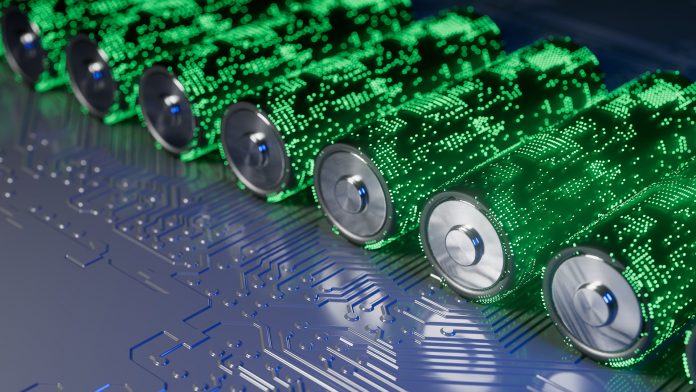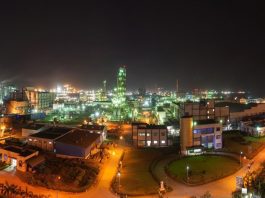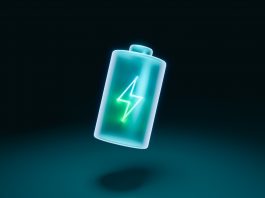Pilot production for an advanced silicon Li-ion battery is underway across Europe. They are being manufactured by GDI, a global researcher and manufacturer of advanced silicon.
The company is set to play a major role in battery manufacturing and energy transition. GDI’s technology uses a unique design of 100% silicon anode, which gives advanced Li-ion batteries 30% higher energy density and allows them to reach 75% charge in 15 minutes.
The company have raised $13.3m in funding, which adds to a grant of $3m provided by the US Government. The rollout of the batteries in the Netherlands has seen production capacity reach 300kWh and GDI expects production to reach over 1000kWh by 2024.
“This funding will help GDI move to the forefront of the high-performance battery market, as advanced silicon anodes accelerate the adoption of electric vehicles and improve performance of electronic products worldwide with faster charging times, greater energy density and enhanced safety,” said Josh Grehan, Principal at Helios Climate Ventures.
Overcoming issues with manufacturing silicon
Silicon is able to store vast amounts of Li-ions at high speeds, enabling faster charging speeds of 15 minutes and chargeable batteries with over 500 miles of range.
Silicon manufacturers are only able to use around 10% of silicon in their products, but they are hoping to use much more.
Manufacturers have previously faced several issues when producing Li-ion batteries made from 100% silicon. Silicon expands and contracts, so leaves the battery with a limited cycle life. The product is also expensive to produce, but manufacturers at GDI have managed to overcome this.
How the use of silicon improves Li-ion batteries
The company tested multi-layered silicon pouch cells, which highlighted the superiority of the ingredient. The cells can charge from 10% to 75% in 15 minutes over 600 times without the plating of lithium or battery failure, whereas competitor products require added compression and extra lithium to enhance the lifespan of chargeable batteries.
The scalability of silicon Li-ion batteries is huge, as they are produced on industrial solar and glass manufacturing equipment that is in use worldwide at volumes of millions of square meters per year.
Robert Anstey, founder and CEO of GDI, said: “The future of Li-ion anodes is silicon. GDI is achieving three critical objectives; full substitution of silicon for graphite/carbon in Li-ion batteries, using a massively scalable domestic manufacturing method, and achieving industrial relevant cost to performance targets.”
Roel van Diepen, Investment Director at EIT InnoEnergy, added: “GDI’s ability to seamlessly integrate into existing lithium battery architecture and production lines offer significant cost and time-to-market advantages.
“But, equally important, the use of a silicon anode reduces the dependency of traditional imported materials like graphite, making the European battery value chain more resilient as well as increasing domestic content.”








